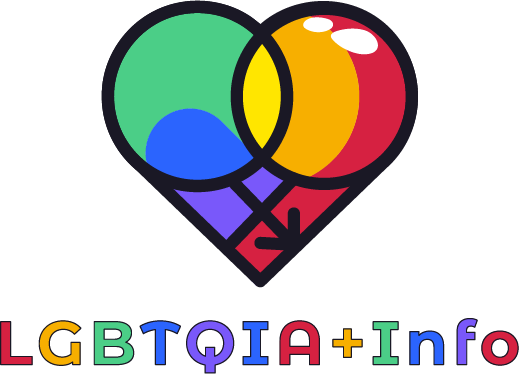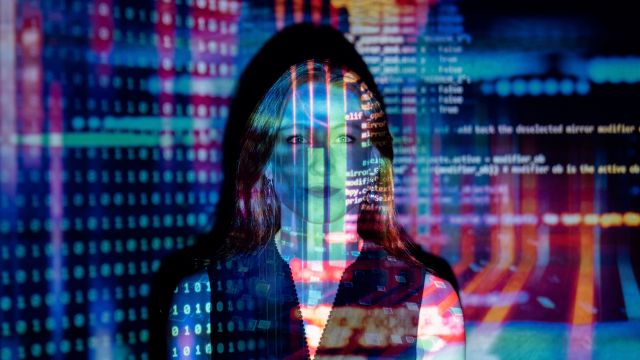Discover LGBTQIA Population Data: A Comprehensive Examination of Their Challenges and Needs!
The LGBTQIA community has existed for generations, only lately have they been acknowledged as a vital segment of society deserving of proper representation and advocacy. The purpose of this piece is to provide a comprehensive examination of LGBTQIA population data.
Demographics of LGBTQIA People
About 5.6% of U.S. individuals say they are part of the LGBTQIA community, according to a Gallup poll from 2023. Among the younger generations, this figure is greater, with 16% of Generation Z identifying as LGBTQIA. Of the adults who identify as part of the LGBTQIA community, 54.6% are bisexual, 24.5% are gay, and 11.7% are lesbian. The rest of us are trans or nonbinary.
LGBTQIA People and Race
People who identify as LGBTQIA may be found in every ethnic group. Studies demonstrate, however, that the LGBTQIA community is disproportionately represented among persons of race. The Williams Institute found that the percentage of Black individuals who identify as LGBTQIA is 1.3% higher than that of White persons. Similarly, the percentage of Hispanic individuals who identify as LGBTQIA is 1.2 times that of white adults.

Mental Health of LGBTQIA People
LGBTQIA individuals are more likely to have mental health issues such as depression, anxiety, and drug misuse. This is a result of the stigma and prejudice they encounter on a daily basis from society. In contrast to 31% of non-LGBTQIA persons, 37% of LGBTQIA people reported having anxiety in the previous year, according to a survey by the National Alliance on Mental Illness.
Education and Income
Researchers have shown that the LGBTQIA community has higher unemployment rates and lower income levels than the general population. The Movement Advancement Project found that the poverty rate within the LGBTQIA community was 30 percent higher than among the general population. People who identify as part of the LGBTQIA community are also at a greater risk of experiencing discrimination in the workplace and earning less money as a result.
Learn about the struggles faced by LGBTQIA individuals and overcoming challenges faced by individuals within this community.
Homelessness and Housing Insecurity
The LGBTQIA community has a higher incidence of homelessness and housing instability than the general population. The National Alliance to End Homelessness found that forty percent of homeless kids identified as belonging to the LGBTQIA community. Housing discrimination and eviction are also more common for transgender people.

LGBTQIA People and Healthcare
Many obstacles stand in the way of LGBTQIA people receiving medical treatment. Health insurance is more difficult to get, and they may have trouble locating physicians that understand and accept their identities. The Human Rights Campaign found that 56% of those who identify as LGBTQIA had faced prejudice from a medical professional.
LGBTQIA People and Violence
The possibility of suffering violence, such as hate crimes and intimate partner abuse, is greater for members of the LGBTQIA community. In a study by the National Coalition of Anti-Violence Programs, 44% of transgender people reported having been physically harmed as a result of hate crimes.
Conclusion
In order to recognize their needs and provide assistance, it is critical to learn the demographics and statistics of LGBTQIA persons. The LGBTQIA community faces a variety of difficulties, such as assault, mental health issues, and prejudice. Promoting inclusion and acceptance, granting access to healthcare and education, and working to eradicate violence and prejudice are all crucial.

